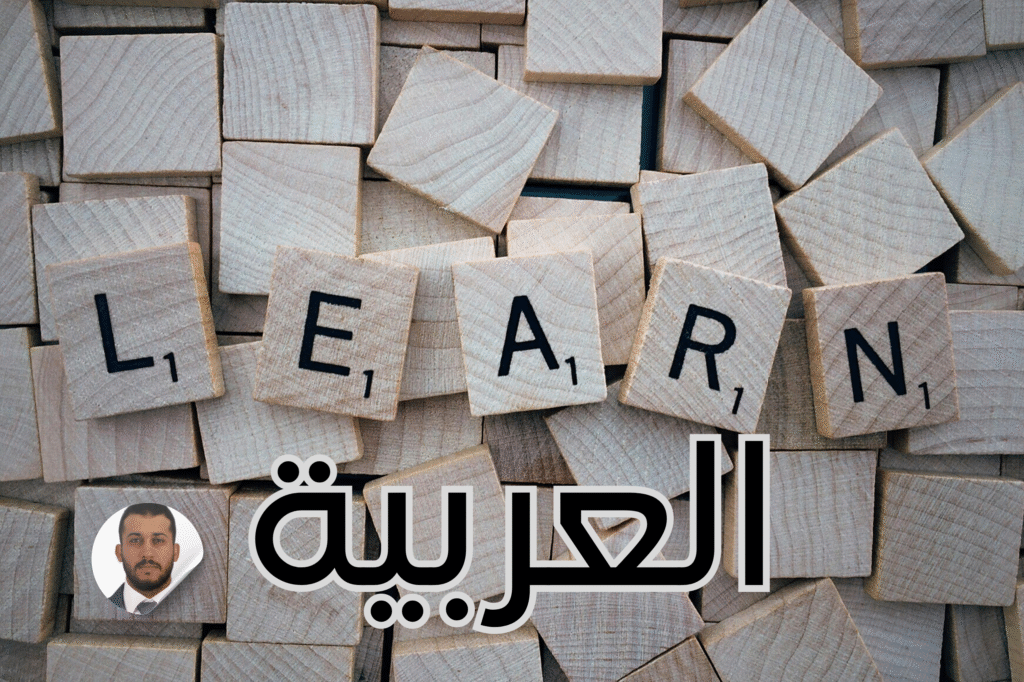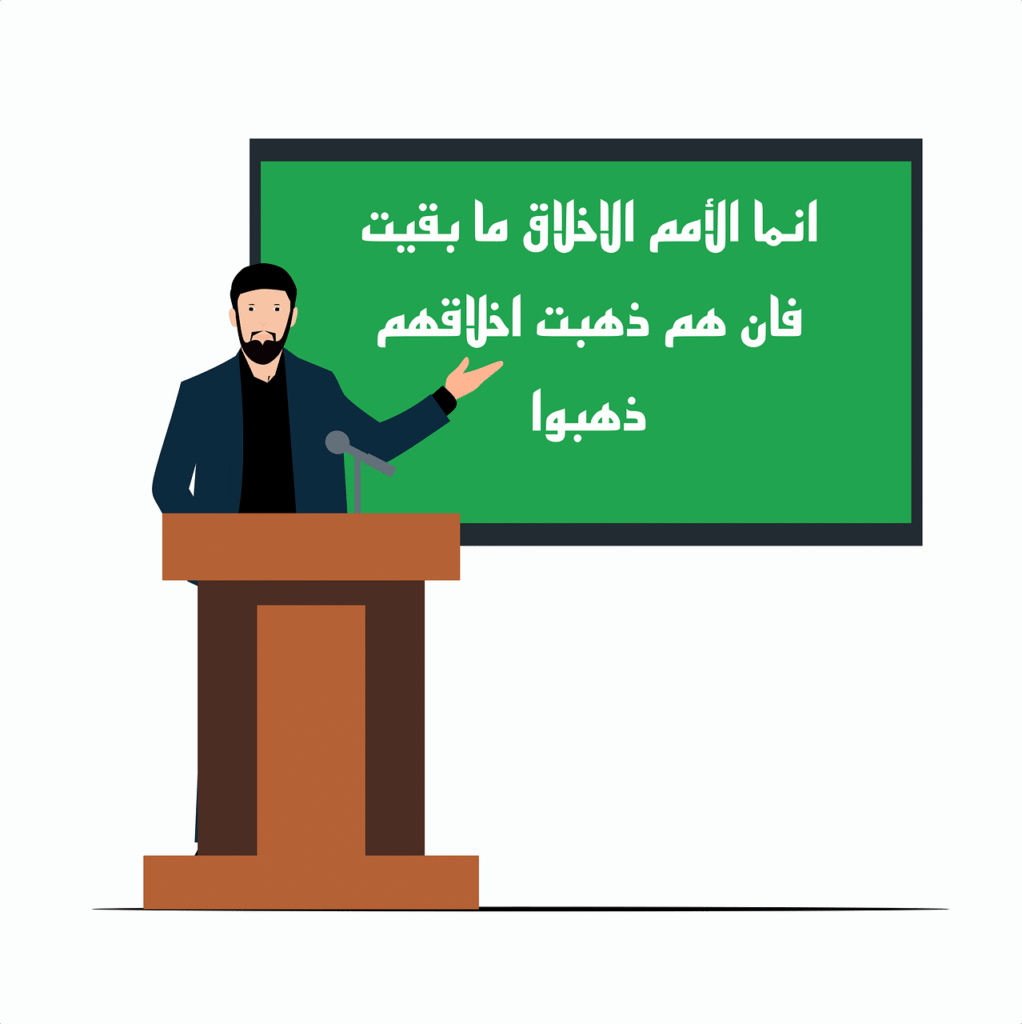The Value of Learning Arabic for Non-Native Speakers
Arabic is one of the five most widely spoken languages in the world. Over 400 million people speak it across more than 20 nations. Furthermore, it is one of the six official languages of the United Nations. As a result, not speaking Arabic means missing out on a significant part of global communication and culture.

Why should you learn Arabic?
1. Access to new markets
Arabic-speaking countries play significant roles in energy, finance, real estate, and tourism. If you work in commerce, trade, or diplomacy, knowing Arabic gives you a competitive advantage.
Saudi Arabia, the UAE, and Qatar are key hubs for international investment.
Local relationships frequently rely on cultural understanding.
Arabic speakers are scarce in global business, giving you power.
2. Career growth
Proficiency in Arabic gives doors to
Government and Foreign Service
International development and NGOs
Journalism and Media
Translation and Interpretation
Education and Academics
Because Arabic speakers are scarce and in high demand, many of these positions offer higher salaries.
3. Cultural insight
Arabic connects you with:
Classical and modern literature.
Islamic books in their original format
History of Science, Philosophy, and Medicine
Music, movies, and art from around the Arab world
You don’t simply learn vocabulary. You learn how individuals think, express themselves, and perceive the world.

4. Deeper travel experiences
Tourists skim the surface. Arabic speakers go deeper.
- You connect with locals
- You avoid being overcharged
- You navigate better, ask questions, understand signs
- You build trust and respect
Even basic Arabic changes how people treat you.
5. Personal challenge
Arabic is distinct. The script, audio, and language push you.
If you want to grow, Arabic requires you to reconsider language. It improves memory, focus, and mental flexibility.
What’s stopping you?
Do you think Arabic is too hard? It has patterns similar to any other language.
Do you think you’ll never use it? Begin small. Learn fundamental phrases and progress from there.
Do you think it’s irrelevant? More than 50 countries have significant Arabic-speaking communities.

Motivated Advice for Learning Arabic
If you’ve made it this far, you’re obviously interested. That is the first step. Now is the moment to act.
Arabic isn’t easy. But it’s worthwhile. Every difficult task you’ve ever undertaken—learning to drive, starting a job, or relocating to a new location—began with agony. Arabic is no different. You do not need to be proficient tomorrow. You need to start.
Set a goal.
Be clear. Why would you want to study Arabic?
Do you wish to travel to Arab nations and interact with people?
Are you looking to advance your career in business, politics, or international relations?
Would you like to read Islamic books, Arabic literature, or history in their native language?
Write down your reasoning. Keep it somewhere you can see it. You’ll need it on those difficult days.
Start small.
Do not attempt to master everything at once.
Learn the Arabic alphabet.
Choose ten useful sentences, and repeat them every day.
Watch 5 minutes of Arabic news.
Listen to Arabic music or podcasts on your commute to work.
The key is consistency. Ten minutes per day outperforms two hours once a week.

Use the language.
Arabic cannot be learned by studying it in the same way that you would study math. You have to use it.
Find a language partner.
Join online Arabic groups.
Speak even if it is broken.
Make mistakes and laugh about them.
Mistakes represent progress. If you’re terrified of looking stupid, you’ll never improve. Everyone starts with improper pronunciation and grammar. Nobody cares. What really important is that you try.
Connect it with your life.
Make Arabic a part of your daily routine.
Label items in your home in Arabic.
Change the language on your phone or social media.
Follow Arabic profiles on Instagram, TikTok, and YouTube.
Read children’s books or comics in Arabic.
This keeps your brain engaged with the language even when you’re tired or busy.
Track your progress.
Keep a notebook or app where you can record new words and expressions. Weekly review.
Set simple benchmarks.
I can read the alphabet.
I can have a two-minute chat.
I comprehend one Arabic song.
I can order food in Arabic from a restaurant.
Celebrate when you’ve hit each one. Each minor victory keeps you going.

Stay patient.
You will not feel fluent for a long time. That is normal. Most people quit because they want quick results.
Concentrate on what you can do today that you couldn’t do previously. That represents real development.
Find a community.
Learning alone is difficult. Find people who are learning Arabic. Share your hardships and victories.
Join forums and Discord groups.
Attend local Arabic lessons or cultural centres.
Volunteer among Arab communities.
Language is social. Make it social.
Remind yourself why you started.
When you get stuck—which you will—refer back to your reasoning. Re-read your aim. Check out what you’ve learned. Watch a movie or read a quote that motivated you to start.
Arabic can open doors. But only if you continue walking.
You do not need to be proficient today.
You simply need to keep going.
best of luck visit us for more https://ramdaniarabicacademy.com/







